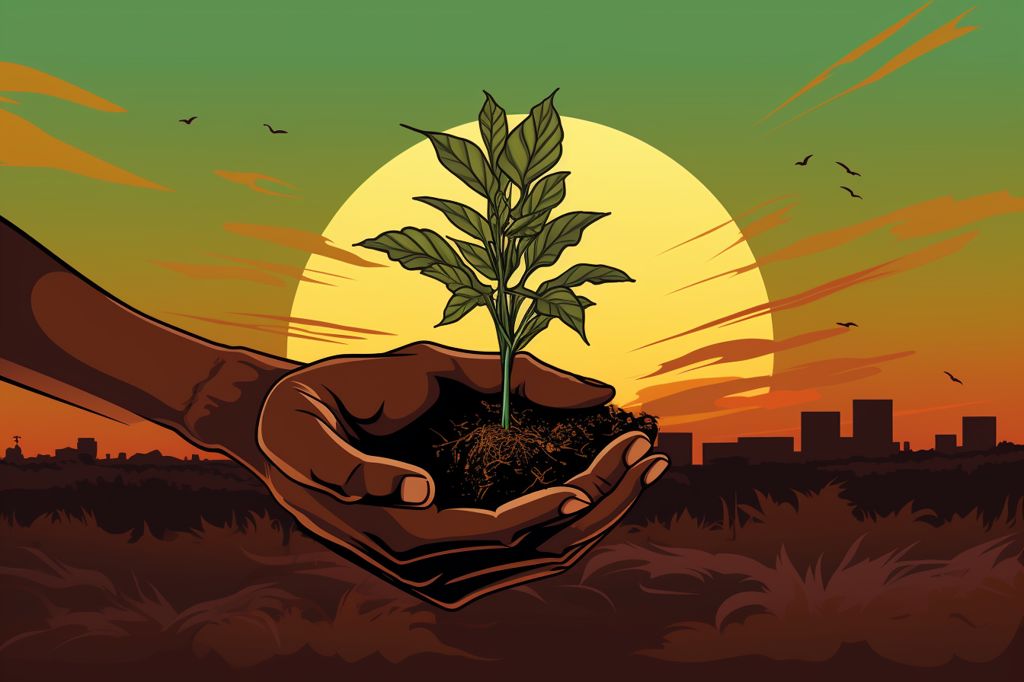The National School of Government (NSG) is hosting the second BRICS Conference from 17th to 19th July 2023, focusing on governance and public administration reforms. This event brings together public administration experts and scholars from Brazil, Russia, India, China, and South Africa, as a prelude to the BRICS Summit to be held in August in South Africa.
The Theme and Significance of the Conference
This year’s conference will emphasize the theme of the BRICS Summit: “BRICS and Africa: Partnership for Mutually Accelerated Growth, Sustainable Development, and Inclusive Multilateralism.” The conference seeks to foster a collective understanding of each BRICS country’s ongoing reform efforts and facilitate knowledge sharing for a more sustainable future.
The timing of the conference is particularly significant, coinciding with International Mandela Day on July 18th. The thematic focus on fostering a better future for future generations resonates with the legacy of President Nelson Mandela.
The Participants and Program of the Conference
Over 50 scholars from BRICS member countries will join senior officials and academics from schools of government across Asia, Europe, and Africa, presenting studies on state reforms and innovation in public administration. The conference will take place at the University of Pretoria’s Future Africa Conference Centre and virtually, allowing for broader participation.
The discussions will be structured around four primary themes: (i) Governance and Public Administration in a Changing Global Context; (ii) Public Administration Reforms and Emerging Challenges; (iii) Impact of Technology and Climate Change on Reforms; and (iv) The Future of Governance and Public Administration. These themes emphasize the need to adapt to evolving global contexts, address emerging challenges, and embrace technological advances and environmental concerns to ensure sustainable development.
The Objectives of the Conference
As a collaborative effort, the BRICS Conference aims to address the common challenges faced by member countries and consider broader technological developments and climate-related issues. By fostering dialogue between scholars and practitioners, the event encourages the exchange of experiences and ideas to facilitate mutually enhanced growth, sustainable development, and inclusive multilateralism.
With a diverse array of participants from various backgrounds and fields, the conference provides an invaluable platform for understanding and learning from each country’s unique context and experiences. It is through such exchanges that meaningful progress can be made towards addressing the complex challenges of governance and public administration in the modern world.
The Significance of the BRICS Conference
The BRICS Conference signifies an essential milestone in the ongoing journey towards a better Africa and a better world. By promoting collaboration and shared knowledge among member countries, the event underscores the critical role of public administration and governance in achieving accelerated growth and sustainable development.
As the world faces mounting challenges, events such as the BRICS Conference on Governance and Public Administration Reforms serve as a crucial catalyst for positive change. By fostering a spirit of cooperation and intellectual exchange, this conference sets the stage for future breakthroughs and innovations in governance and public administration, ultimately contributing to the creation of a more equitable, sustainable, and prosperous world.








